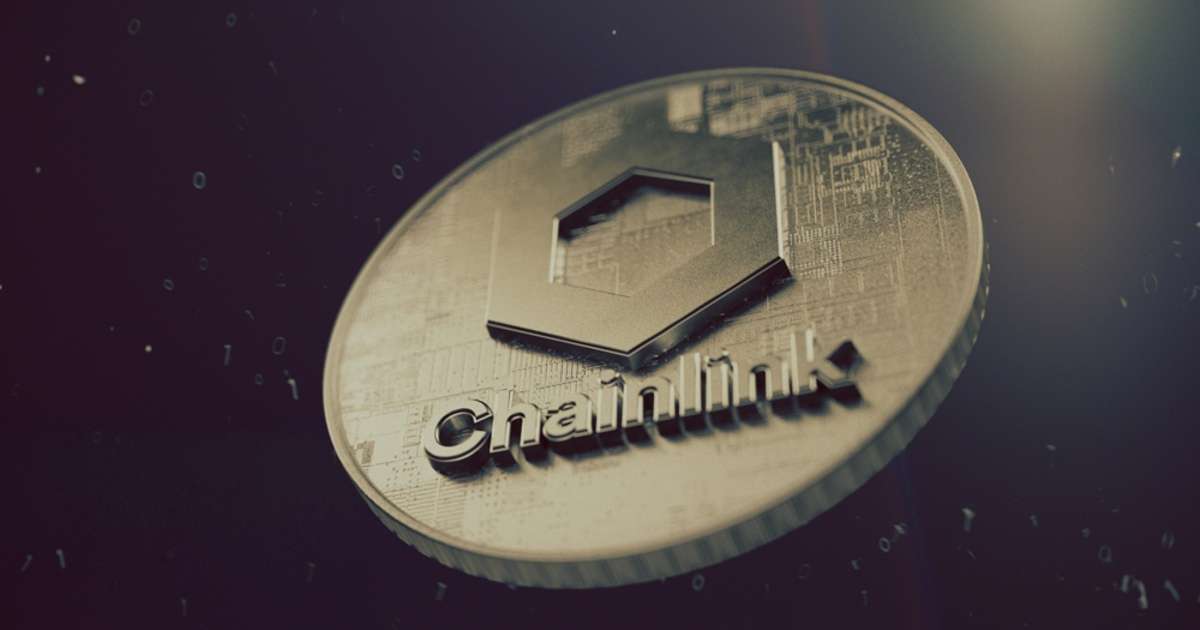
- SWIFT will leverage Chainlink’s cross-chain interoperability protocol (CCPI) to facilitate token transfers across the blockchain.
- The development seeks to bridge the gap between traditional finance (TradFi) and decentralized finance (DeFi).
On Wednesday, September 28, the world’s largest interbank payments system SWIFT announced that it is working with price feeds provider Chainlink on a cross-chain interoperability protocol (CCPI) in an initial proof-of-concept.
Chainlink’s Cross-Chain Interoperability Protocol allows for token transfers across blockchains along with the development of cross-chain applications. Thus, CCIP will allow SWIFT messages to facilitate on-chain token transfers. This will also help the interbank network to communicate across all blockchain environments.
Speaking at the SmartCon 2022 conference in New York City on Wednesday, Chainlink co-founder Sergey Nazarov said that the recent step will boost the adoption of distributed ledger technology (DLT) blockchains while benefitting several other institutions across the capital markets.
SWIFT is using the Cross-Chain Interoperability Protocol (CCIP) in an initial proof of concept.
CCIP will enable SWIFT messages to instruct on-chain token transfers, helping the SWIFT network become interoperable across all blockchain environments.https://t.co/8GOBNhzwCk pic.twitter.com/Pvm0Cex45e
— Chainlink (@chainlink) September 28, 2022
SWIFT’s Strategy Director Jonathan Ehrenfeld Solé said also added that there’s “undeniable interest” in crypto from institutional investors. This was one of the reasons for working with Chainlink on CCIP.
Bringing TradFi and DeFi together
As crypto continues to penetrate the mainstream financial markets, financial players are working on forming an effective bridge between traditional finance (TradFi) and decentralized finance (DeFi).
Players from traditional finance want access to several digital and traditional assets on one network that can connect different types of asset classes, said Solé.
The partnership between SWIFT and Chainlink to facilitate cross-chain interoperability will bridge the gap between TradFi and DeFi. The demand for interoperability between multiple chains has shot up significantly in recent months. This could be the next big development in financial markets to bridge the gap between traditional and decentralized finance (DeFi).
Chainlink stated that this collaboration with SWIFT will allow financial institutions to gain blockchain capability without replacing, developing, and integrating new connectivity in legacy systems. Such kind of changes would otherwise require substantial modifications at very high costs.
Innovate or death
As said SWIFT is currently the largest global interbank messaging system handling billions of dollars in daily cross-border transfers. It connects over 11,000 banks around the world. In August 2022, the SWIFT system recorded an average of 44.8 million messages per day.
However, SWIFT has to up its game if it has to stand along with new technologies in the market. The drawback with SWIFT today is that cross-border transactions can take several days to complete. On the other hand, other technologies using blockchain can facilitate settlements instantly or within a matter of minutes.
As a result, SWIFT has also decided to adopt blockchain and distributed ledger technology (DLT). On the other hand, SWIFT has already kickstarted its work on interlinking multiple CBDC networks worldwide for cross-border payments. Earlier in May 2022, Thomas Zschach, Chief Innovation Officer at SWIFT said:
Facilitating interoperability and interlinking between different CBDCs being developed around the world will be critical if we are to fully realise their potential.
